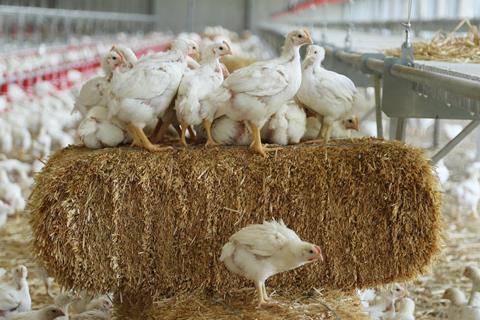
Animal welfare campaigners have failed in their bid to force the government to clamp down on the use of fast-growing, so-called ‘Frankenchickens’ across the poultry supply chain.
The High Court this week rejected a legal challenge by welfare charity The Humane League – supported by evidence from the RSPCA – which claimed Defra’s permitting of the rearing of the birds was unlawful in relation to the Welfare of Farmed Animals Regulations 2007.
The ruling followed the launch of a judicial review by the group earlier this month, with The Humane League arguing the law stated, “animals cannot be kept for farming purposes if their genetics cause health and welfare problems”.
The court heard evidence from the RSPCA that fast-growing chicken breeds suffered from “severe health and welfare issues and many had ‘lives not worth living’”.
However, judge Ross Cranston ruled that Defra’s policies and practices – which allow the rearing of chickens that are genetically selected to grow so quickly they often suffer from heart defects and lameness, according to the RSPCA – were not unlawful.
The court deemed it was up to the keepers of fast-growing breeds to ensure “that given their genotype or phenotype they can be kept in appropriate conditions without any obvious or deleterious effect on their health or welfare”, The Humane League said.
However, it did not declare if keeping ‘Frankenchickens’ was itself legal or illegal, it added.
And Defra did accept the fact that there were welfare problems with fast-growing breeds of chicken, the charity said. But it claimed there was no scientific consensus that fast-growing breeds suffered detriment to their health or welfare in all environments – despite evidence from the group and the RSPCA to the contrary.
Read more: Co-op to reduce maximum chicken stocking density
Responding to the ruling, The Humane League UK MD Sean Gifford said there was “an animal welfare crisis at the heart of British farming”. Fast-growing breeds led “utterly miserable lives, and we think the legal system is failing them entirely”, he added.
“Defra could ensure chickens no longer endure painful leg deformities, open sores and heart attacks because of their genes. But now over one billion thinking, feeling animals will be left to suffer,” he claimed.
“We will continue our fight to get justice for chickens, and are considering all of our options, including lodging an appeal against this verdict. This country and its animals deserve far better.”
Gifford’s comments echoed those of an “extremely disappointed” RSPCA head of farm animals Dr Marc Cooper, who said “the sheer scale of suffering and numbers of animals involved means this is a huge, missed opportunity to address the biggest issue for animal welfare in this country”.
Overwhelming evidence
The outcome of the case “represents a significant failure to address the most pressing animal welfare issue of our time, despite overwhelming evidence of suffering”, he added. “The scale of the issue is unprecedented and set to get worse as numbers farmed are predicted to continue to rise to meet growing demand.”
Meanwhile, Edie Bowles, co-founder and MD of Advocates for Animals and solicitor for The Humane League in the case, said: “If the government is not responsible for regulating this standard industry practice then who is? My client will now consider its options to ensure that chickens receive the legal protections they are entitled to, as every animal should.”
The case ruling came in the same week that The Co-op committed to lowering the maximum stocking density of the chickens in its supply chain. But amid fierce criticism from The Humane League, the retailer stopped short of adopting the Better Chicken Commitment – which requires signatories to also change the type of birds used from ‘Frankenchickens’ to slower-growing breeds such as the Hubbard chicken – due to cost implications.
Elsewhere, the government this week announced it would break up its long-delayed Kept Animals Bill, due to what farming minister Mark Spencer described as “considerable scope-creep” and will instead proceed separately with elements of the bill such as banning of the live export of animals for fattening and slaughter.
The RSPCA said it was “frustrated” by the scrapping of the bill, which had received strong public support.
Spencer told MPs the government remained “fully committed to delivering our manifesto commitments” on animal welfare “and this approach is now the surest and the quickest way of doing so, rather than letting it be mired in political game-playing”.







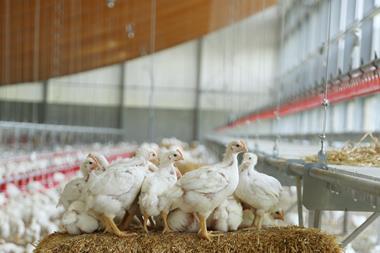
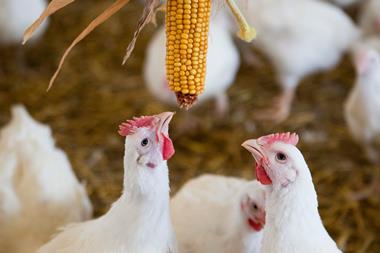
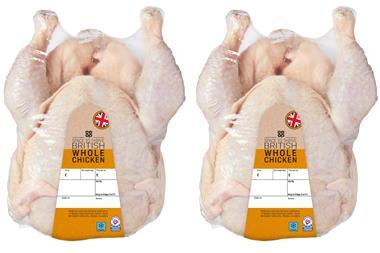
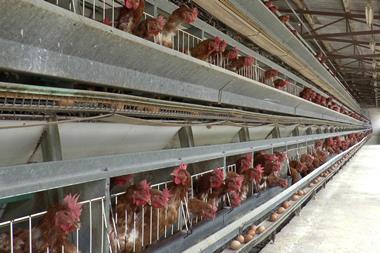
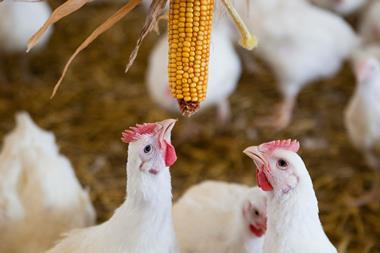
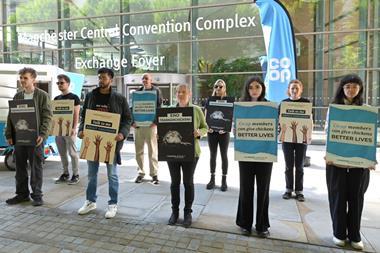






No comments yet